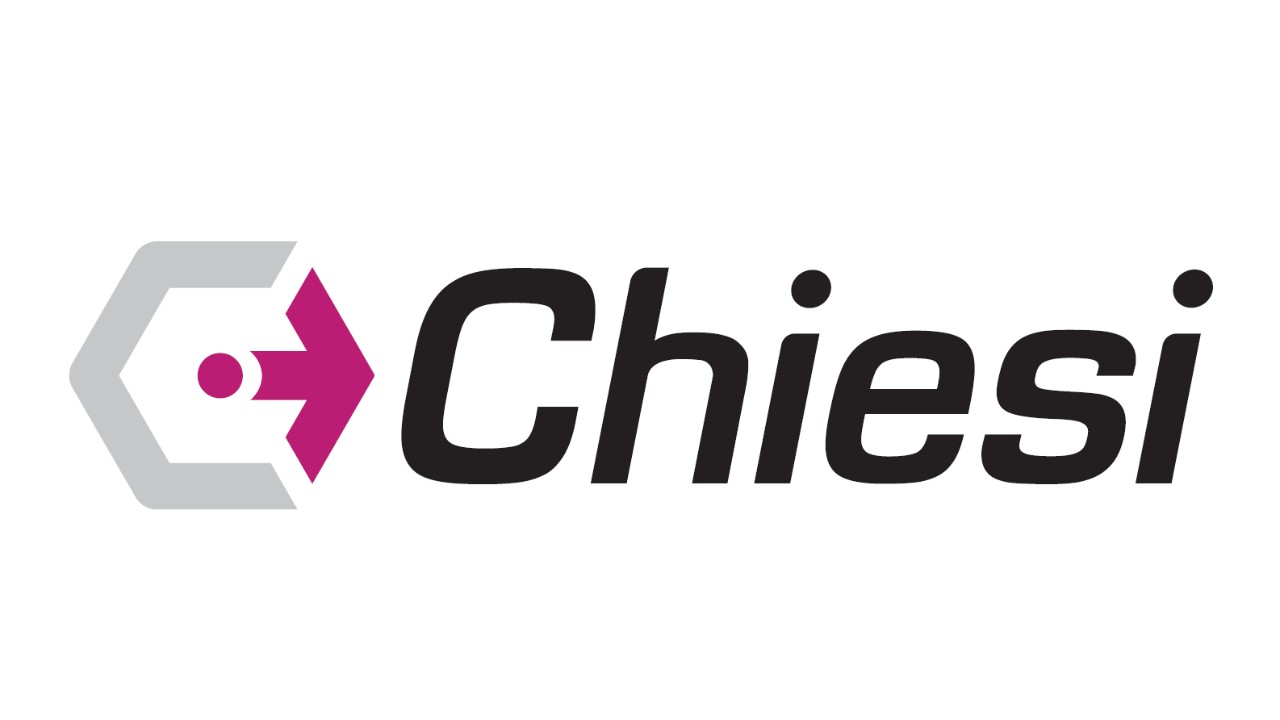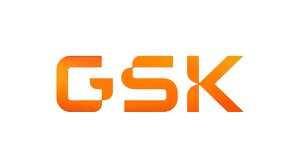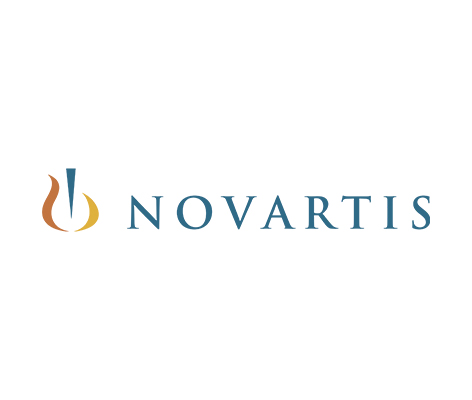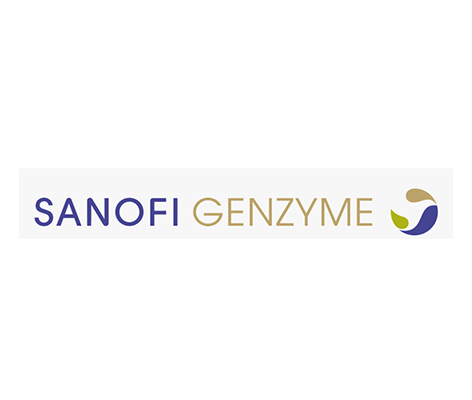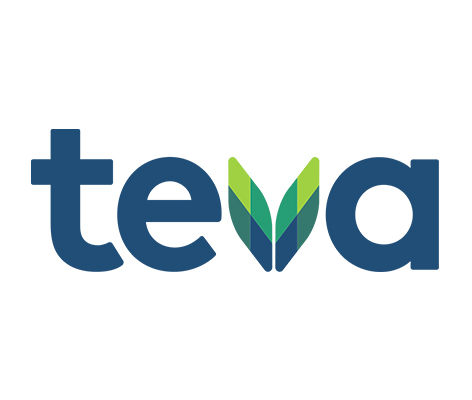
The Society
More than 35,000 clinicians, scientists and allied health professionals from over 160 countries are part of the ERS community
Become an ERS member


Severe asthma is a chronic disease associated with frequent severe exacerbations, requiring the use of oral corticosteroids and sometimes emergency visits and hospitalisation, resulting in poor quality of life. For many years, patients were dependent on the use of oral corticosteroids, which put them at increased risk of serious and often life-threatening side effects. Recently, new biologics for severe asthma have become available which have benefitted many but not all patients with severe asthma.
The vision of SHARP is to end the dependency on oral steroids for disease control; to end exacerbations; to give all severe asthma patients in Europe access to severe asthma specialists; to understand the heterogeneity in mechanisms of severe asthma; to prevent severe asthma.
With this purpose, SHARP aims specifically to:
The operational model of SHARP is centred around a true collaborative partnership with all involved stakeholders, based upon a set of core principles that include distributed responsibility, open communication, maximising the value of data, and delivering the aspirations of all stakeholders. The oversight of SHARP comes from a group of chairs which includes two academic clinical scientists and two patients. The operating principle is based upon design thinking, with an emphasis on early prototyping and iterative refinement. The centrepiece of this model is a research agenda based upon the integration of the priorities of a strong network composed of four stakeholder groups: patient advisory group (PAG), clinical researchers and translational researchers (from 27 European countries), and pharmaceutical industry partners (Sanofi, TEVA, Novartis, GSK, Chiesi) who, in addition to engaging intimately in all operations of SHARP, are at present the main funders. This stakeholder board is the driving force that assures that all tasks are completed to a high standard and that barriers to progress are resolved.
If you are interested in more information about SHARP or would like to join the network, please contact scientific@ersnet.org.
